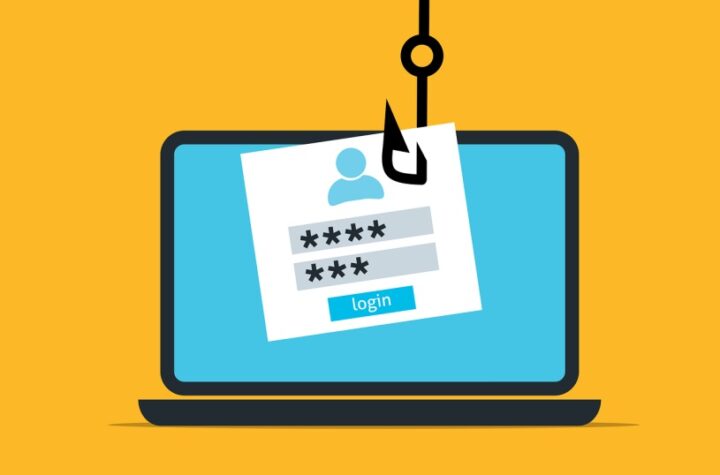
Growing concerns over consumer privacy and data privacy have resulted in various laws that were created to ensure organisations become more accountable for how they share and manage any information they have collected. Most of the measures are modelled from laws such as Europe’s General Data Protection Regulation (GDPR).
In Singapore, they have the Personal Data Protection Act 2012 (PDPA). In essence, the Personal Data Protection Act is a law that governs the collection, use, disclosure, and storage of personal data by private organisations. Those that fail to comply with the Personal Data Protection Act may be fined up to $1 million and suffer reputation damage.
Nowadays, there are various courses that are designed primarily for PDPA officers. In addition, it is also created for those in Human Resources as well as those who have no exposure to Personal Data Protection. PDPA Officers can also take a PDPA course if they want to identify the risks and learn the best practices related to the PDPA.
In today’s digital environment, another role has become critical—that of a Data Protection Officer (DPO). The role of Data Protection Officers are not exactly glamorous but they are considered crucial. Understandably, businesses need to ensure their data is protected. This is where Data Protection Officers shine.
The Tasks of Data Protection Officers
The task of a Data Protection Officer can be summed up into the acronym GAPSR:
Primarily, the task of the Data Protection Officer is to assist organisations to govern how personal data is used, disclosed, collected, and stored within the organisation based on the requirements of the Personal Data Protection Act as well as the relevant data protection laws.
The responsibilities of the Data Protection Officer from the operational perspective include:
Assessing the risks related to the processing of personal data. This includes the following:
Assess
Data Protection Officers will assess the risks that relate to the processing of personal data. This includes conducting a data protection impact assessment or DPIA.
Protect
Protecting the organisation by creating a data protection management programme (DPMP) against identified risks. This also includes processes and policies for handling personal data.
Sustain
Data protection officers ensure the compliance efforts by communicating personal data protection policies to stakeholders. This includes conducting audits, training, and ensuring there is an ongoing monitoring of risks.
Respond
A Data Protection Officer responds and manages complaints and queries that relate to personal data. They will also liaise with local and international data protection regulators when it comes to data protection matters. This is especially true when there is a data protection breach.
When the pandemic happened, there was a noticeable increase in e-commerce and online transactions. Privacy-intrusive technologies have also been used to process personal data. In the midst of all this, the need to have a Data Protection Officer has become increasingly important.
Having a DPO in the organisation can help ensure a data breach is prevented. In addition, it will also show regulators that the organisation is demonstrating accountability. It should also be noted that DPOs can also guide the organisation to achieve the data protection standards the organisation wishes to attain.
Data Protection Officers can make a massive difference in the customer and employee experience. For example, the DPO will work with various departments to set up the required data protection policies that the customer will see. In addition, the DPO also works with respective line managers to map out the data map and identify gaps that need to be addressed.
This can help ensure the data in the organisation’s care is secure and protected and is consistent with stated policies.




More Stories
AI & Machine Learning: Dedicated Servers with GPUs – Powering the Future
Methods to avoid phishing scams
Anonymous note-taking – Tips for maintaining your privacy